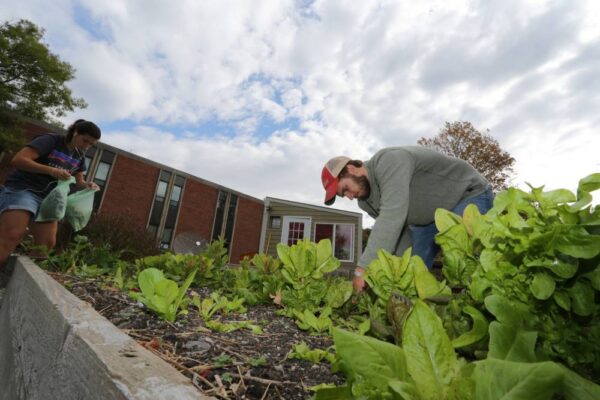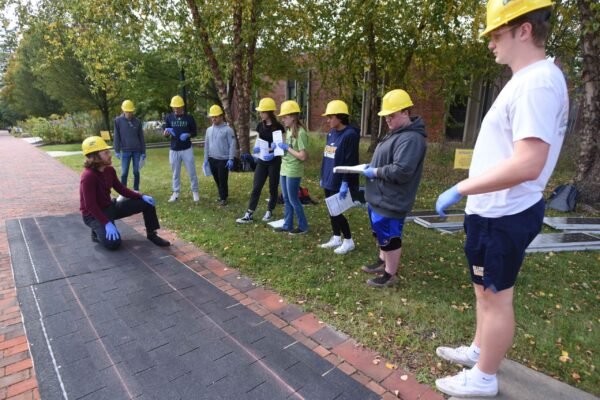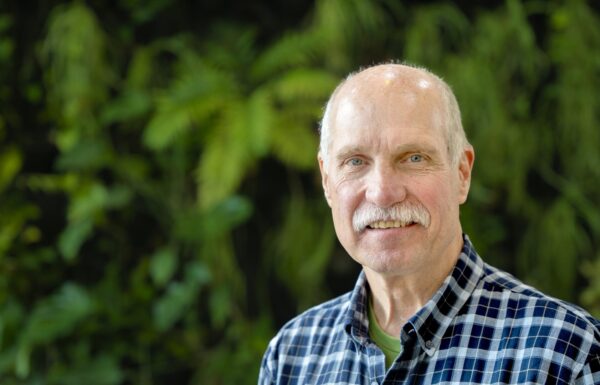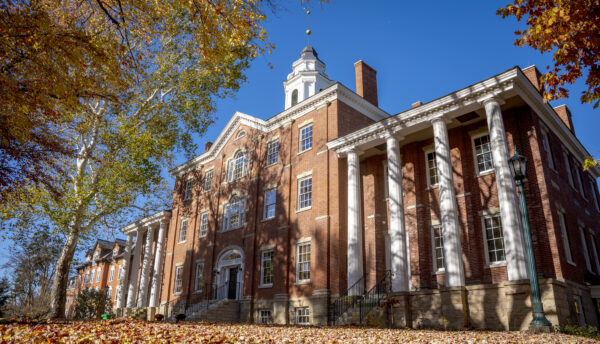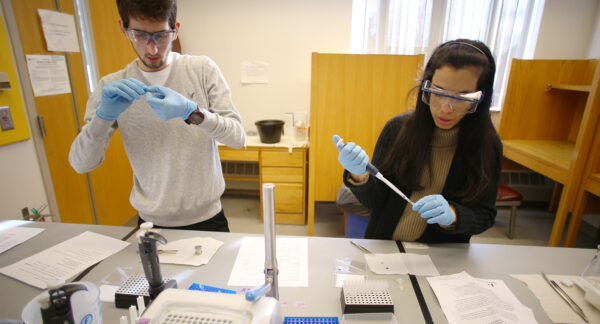
Energy and Society
Interdisciplinary Studies
Why Minor in Energy and Society at Allegheny College
As an Energy and Society student, you’ll engage with political, economic, cultural, and scientific aspects of energy at local to global scales. You’ll learn essential technical, communication, and project management skills that are transferable to any future career. We prepare you to join all aspects of the energy economy!
Unusual Combinations
Students often combine Energy and Society with:
Division
- Interdisciplinary Studies
Program Type
- Minor
Number of Credits
20 for minorPowerful Partnerships
I chose to minor in Energy and Society because it allowed me to perform geothermal exploration research in the classroom and during a summer internship with the Department of Energy.
Your Four-Year Journey
Year 1: Understanding
You might take ENERG 105 (Introduction to Energy & Society) or ENERG 115 (The Science of Energy) in your first year. These are the two introductory-level required foundation courses. Students sometimes come to our minor after taking ESS 110 (Introduction to Environmental Science and Sustainability) or after they take other introductory-level courses across campus that cover energy topics.
Year 2: New Approaches
Some of our students begin their foundation courses in their sophomore year, which is no problem. Ideally, by the end of the sophomore year, you’ll have two of your foundation courses and decided your area of focus (policy, economics, or culture/communication/ethics) for the minor. A wide range of majors — from Physics to Business to Women’s, Gender, and Sexuality Studies — link their interests to this minor.
Year 3: Delving Deeper
In your third year, you’ll continue with electives in your focus area and ENERG 385 (Introduction to Sustainable Energy). You might also take ENERG 485 this year, which is the capstone course for the major. This course involves an applied group project and helps students bring together everything they’ve learned. In 2020, the class helped plan for LED street light upgrades for the City of Meadville.
Featured Courses
Year 4: The Comp
In your final year, you’ll finish up any electives and/or take ENERG 485. Some of our minors choose to incorporate aspects of energy into their Senior Comp for the major. We also encourage students to pursue credit-bearing internships with local partners — these experiences can be substituted for an elective course to count toward your minor. Internships often help our graduates get their first job in the energy field, which is experiencing huge job growth.
Faculty and Staff
Professor
Ph.D., M.A., University of New Hampshire; B.A. University of Northern Colorado
Email: tbensel@allegheny.edu
Phone: 814-332-2309
Associate Professor
Ph.D., University of California; M.S., University of California; B.A., Wesleyan University
Email: icarbone@allegheny.edu
Phone: 814-332-2380
Featured News

Seeing the World Anew: Allegheny Student Publishes Research on Field Guides and Environmental Awareness
When Allegheny College student Milo Watson ’26 first flipped through a field guide, he didn’t expect it would lead to a published peer-reviewed research paper. A few years later, that’s exactly what happened.



